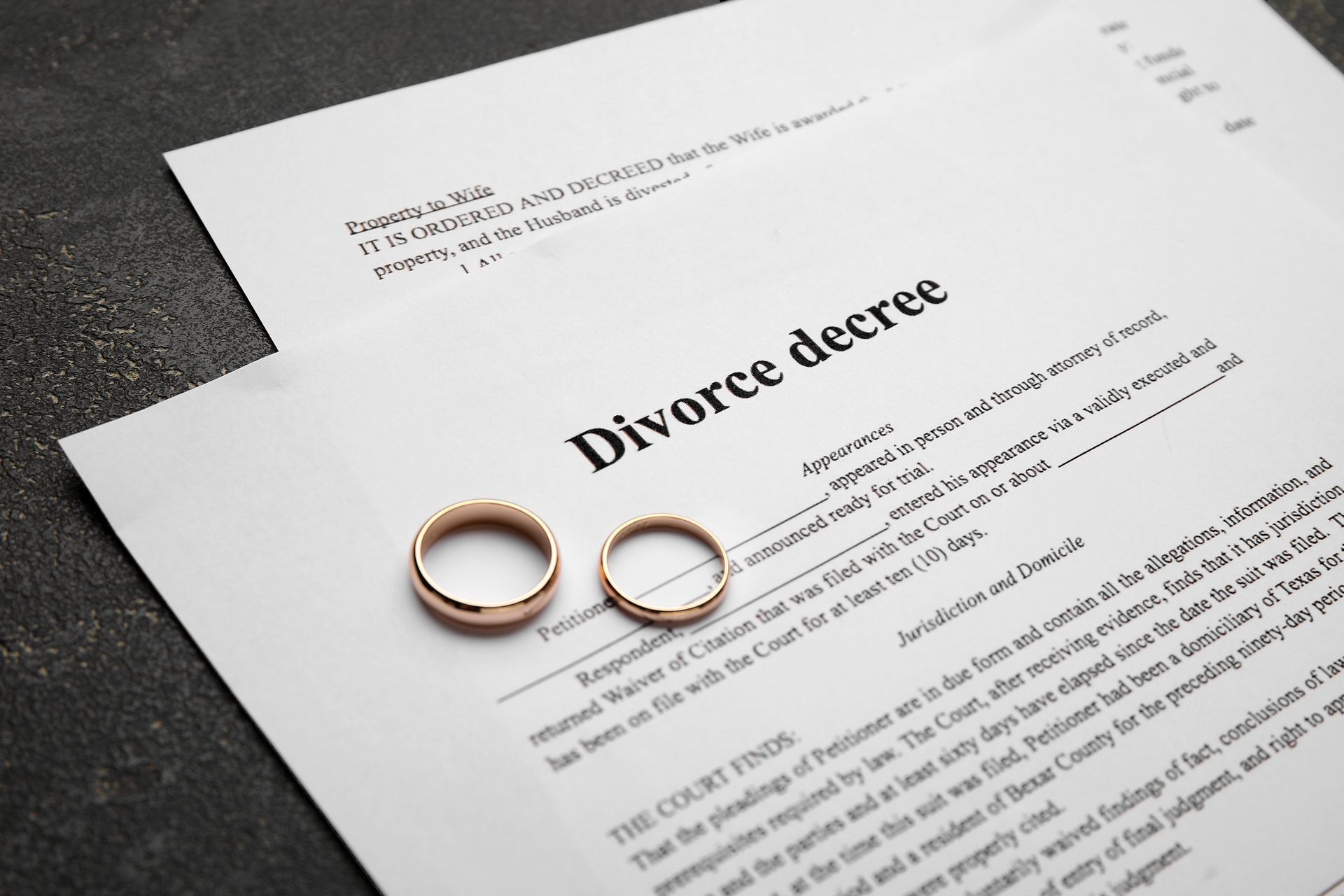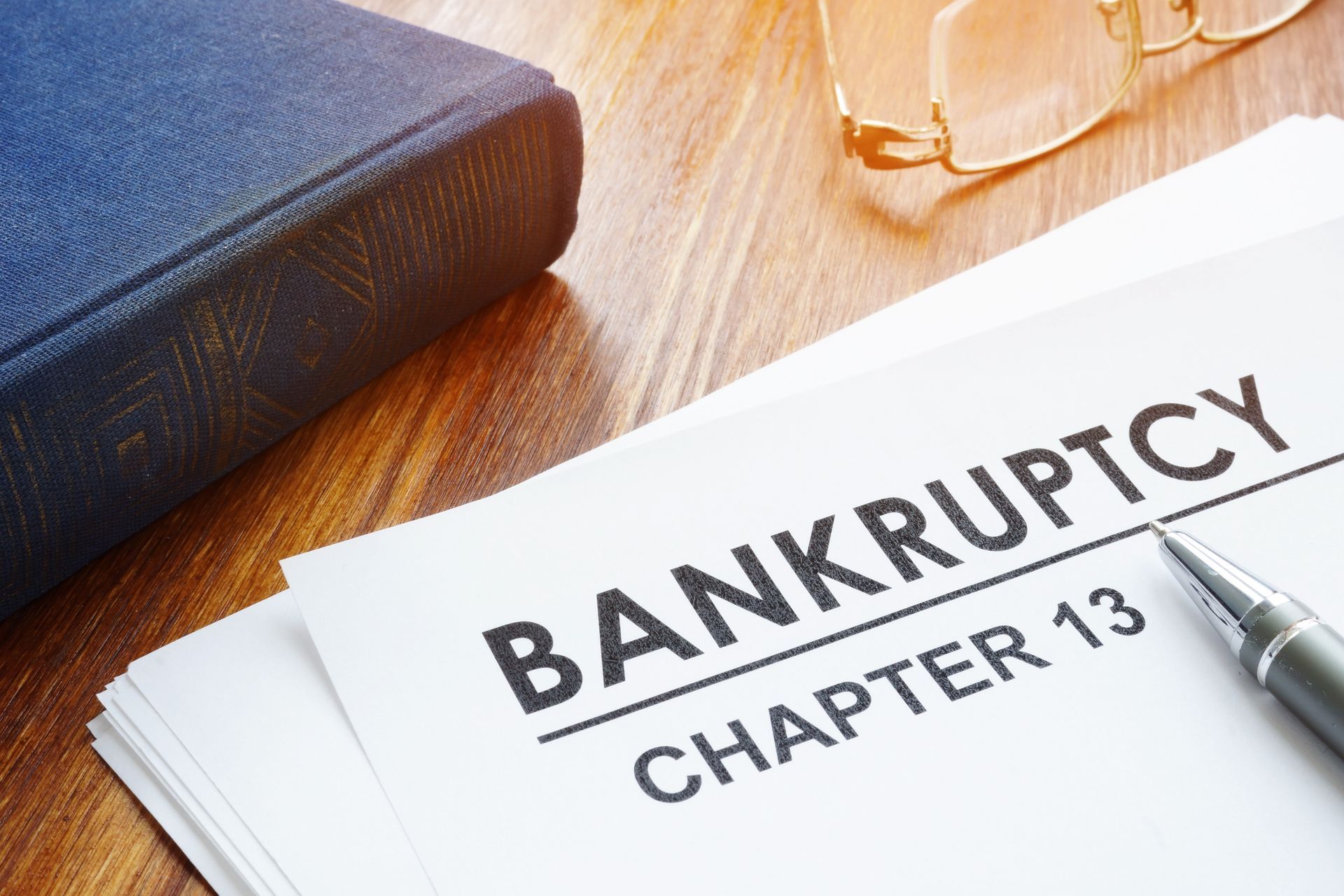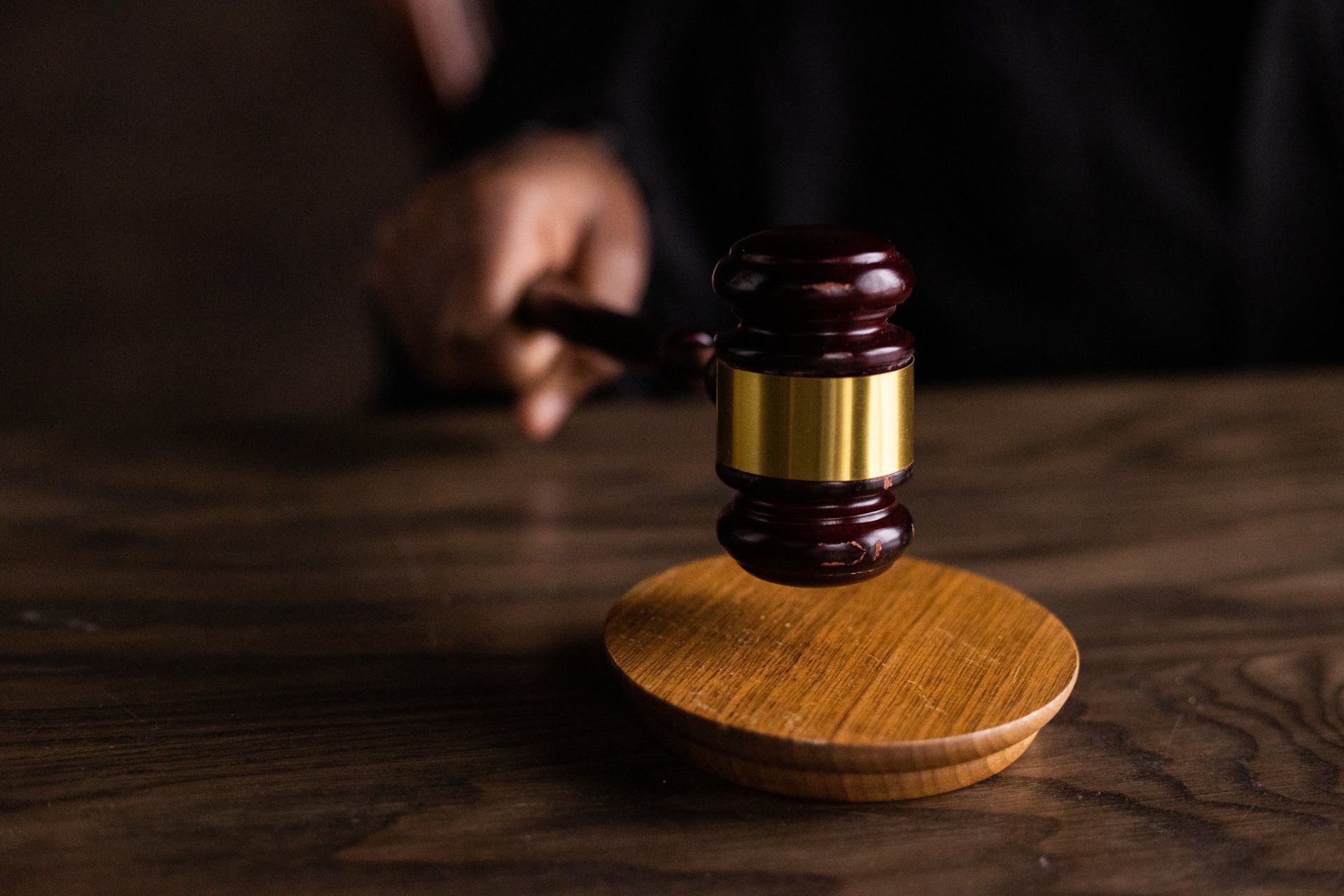Your Credit and Bankruptcy
Deciding to file bankruptcy is usually the product of thoughtful deliberation coupled with the stress of not being able to manage debt. Those entering into this process generally know that filing for bankruptcy will adversely affect their credit. Fortunately, while bankruptcy can create credit challenges, it can also provide the clean slate you need to build a stronger and better financial future.
Often by the time people qualify for a bankruptcy relief they usually already have lower credit scores and negative information attached to their credit. Further, their bankruptcy will also appear on their credit reports and will remain there for ten years. However, the lower scores, negative information, and the bankruptcy can be counterbalanced by positive credit activity.
Specifically, you can begin to breathe life into your credit again by creating a realistic budget and savings plan. One of the main ways people get into trouble with debt is living beyond their means. Impulse purchases and a lack of planning can bring a person into debt fast. By living within your budget limitations and saving for major expenditures, you can help set yourself up for success rather than more future debt.
Creditors are in the position of looking at your creditworthiness and determining if you are likely to pay your debts. Believe it or not, after the bankruptcy, there will be opportunities to take out new credit cards or incur debt. This is not to say that you should charge up debt or borrow money you can’t repay. However, re-building credit does require demonstrating you can handle its responsibility. Ordinarily, offers made to newly bankrupt people are high-interest credit cards or loans which can have exorbitant fees. While you can accept these offers, you will have to be disciplined in charging minimally and paying the balance every month.
Another way to prove yourself is to obtain a secured credit card or loan. In this case, you will have to put money down as security that you will pay your debt. The more you pay on time, and the longer you keep balances paid off monthly, the more you can do to show your ability to manage your finances and credit. This activity can go a long way in helping you improve your credit.
You may need the support of family or friends in re-building your credit. If you have someone in your life with good credit who is willing to add you as an authorized user on a credit card, you may be able to boost your score through their positive credit activity. Ideally, you will not have a card or use the account. Even though you might not use the account, being named on it can show that you have credit available to you. This credit can be a good indicator of financial health to lenders. Also, if there is someone in your life who is willing to co-sign for you on a loan, this may also be a way to work on your credit. Before asking this of another person, you need to be honest with yourself about your ability and willingness to abide by the terms of the loan. Failing to hold up your end of the bargain could damage the other person’s credit as well as your own.
In the case where you have managed to keep an asset such as a home or vehicle, making timely payments can go a long way towards improving your credit. For those that have gone through a full liquidation or foreclosure, it may take time to be able to finance a car or qualify for a mortgage. However, in time, most people will be able to take out these types of loans. When that happens, make your selections with your budget goals in mind and be vigilant about paying in full and on time.
Re-building credit after bankruptcy can be challenging, but it can be done. With a solid plan and good habits, financial well-being can be attained. We have the knowledge and experience you need to help you understand what you need to do and plan accordingly. Please contact us online or by phone if we may be of assistance. http://bestmichiganlawyer.com/contact-us










